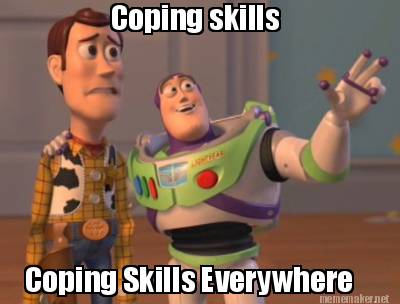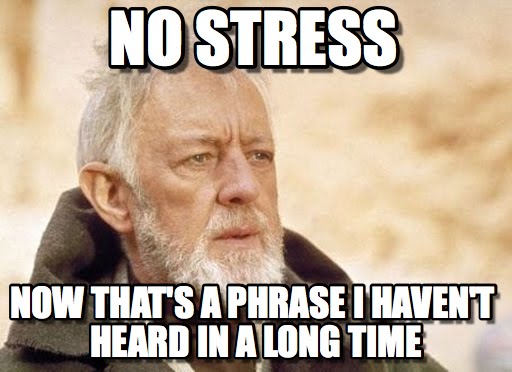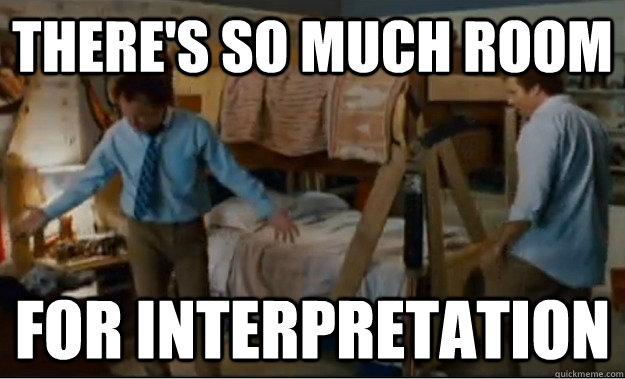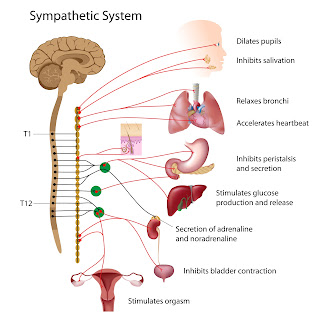I grew up on the set of Gilmore Girls.
Well, not actually, of course -- but pretty damn close!
For those of you who are unfamiliar with the program, Gilmore Girls is a TV show following the lives of Lorelai and Rory Gilmore, a mother and daughter living in the fictional town of Stars Hollow, Connecticut. Stars Hollow is like something out of a storybook; it is quaint and picturesque and incredibly small. It’s the kind of town where there’s only one grocery store, a handful of restaurants, and where the guy who delivers your mail is also the guy that mows your lawn/the guy that commentates at High School sporting events/the librarian. In short, it is a lot like where I grew up.
Stars Hollow
I am from Leland, a small town in Northern Michigan; using the Michigan-mitten system of navigation, Leland is in the pinky. It has an official population of just 2,033 people (although, if you included people who lived in the surrounding area, that number would probably go up to about five thousand). When I tell people about the size of my hometown, they usually have no idea how to respond -- especially when I tell them there were only 160 people in my entire High School.
I can’t really blame people for not understanding; according to the 2015 US Census, about 62.7 percent of the U.S. population lives in urban areas, effectively rendering my upbringing a completely foreign idea to most of the people I meet. A lot of people consider my hometown a really cute place to visit, but somewhere they’d never actually want to live. What do you do for fun? They ask me. All the shops close at like six. I just don’t think I could live in a place that doesn’t have delivery pizza.
Ok, I’ll grant you that delivery pizza is awesome. However, throw the rest of your complaints out the window, because according to the Powers that Be (a.k.a. science) small towns might actually be the best place to live when it comes to important things like health and happiness.
According to “Small Towns Are the Future of America,” by Clayton C. Denman (found in Humanscape) small towns are more likely to provide a “sense of community” for their residents. A sense of community is surprisingly important in determining the success of a town or city -- without it, “there is no sense of social commitment to fellow citizens, no longer a relationship between people that can be channeled into making our social and physical environments better places in which to live” (278). From my experience growing up in a small town, followed by my semi-rough transition to life in the city of Ann Arbor, I believe I know exactly what Denman is talking about. However, in case some of you are still dubious, I thought it might be helpful to include a real-life example in order to further my case that cities are great, but small towns are greater.
The introduction of Malcolm Gladwell’s Outliers is titled “The Roseto Mystery.” It is the story of a small town in Eastern-Pennsylvania. Sometime around the 1950s, a scientist named Stewart Wolf was given a very interesting piece of information: the people of Roseto had remarkably few cases of heart disease. During this time period (and still, today), heart attacks were the leading cause of death among men under the age of sixty-five. So, of course, Wolf felt compelled to investigate. What he discovered was astounding.
Wolf looked at every possible scientific explanation for why they might have fewer cases of heart disease than the rest of the country. The people of Roseto were Italian immigrants, most of them originally from the same town in Italy called Roseto Valfortore-- did they bring with them some sort of genetic marker that granted them heart disease immunity? No- by all intents and purposes, they were the same as anyone else. Did they have healthier dietary preferences? No - after moving from Italy to the ‘New World,’ they’d abandoned cooking with olive oil in favor of lard. Was it something about the local environment that made them healthier? No-- two nearby towns were analyzed and discovered to have three times the number of heart-disease related deaths than the people of Roseto. On paper, the people of Roseto appeared to be much like any other hardworking town in America, so what could it be?
By the end of his study, Wolf determined that the people of Roseto were less likely to experience heart disease because of their lifestyle and - importantly- because of their sense of community. “The Rosetans had created a powerful, protective social structure capable of insulating theme from the pressures of the modern world… The Rosetans were healthy because… of the world they had created for themselves” (Gladwell, 9). People in Roseto often lived in three-generation homes. They took care of their neighbors. They stopped to chat on the street. They cooked for each other.
They created a community so strong it was able to prevent heart disease.

So, the moral of the story is that if you don’t live in a small town you’re probably going to die.... I’m kidding, obviously, but I still think it’s something to consider. The people in Rosetto were less likely to experience heart disease because they had isolated themselves from the rest of the world, and created their own safe space where they made sure to take care of each other. That kind of isolation isn’t really possible in today’s world -- we are even more connected with far-away places, more fast-paced, and more stressed than ever before! So, how can we create a community like Roseto for ourselves? Does it have to be a place, or do online interactions count? I left my hometown community to move to Ann Arbor three years ago. Because of the career I want, it is likely that I will have to continue living in larger cities for the foreseeable future. So, since I am also actively interested in not dying, these are all questions I want the answers to.
Gladwell, Malcolm. Outliers: The Story of Success. New York: Little, Brown, 2008. Print.
Kaplan, Stephen, and Rachel Kaplan. Humanscape: Environments for People. Ann Arbor, MI: Ulrich's, 1982. Print.
@uscensusbureau. "U.S. Cities Home to 62.7% of Population but Comprise 3.5% of Land Area." The United States Census Bureau. N.p., 04 Mar. 2015. Web. 18 Nov. 2016.




















